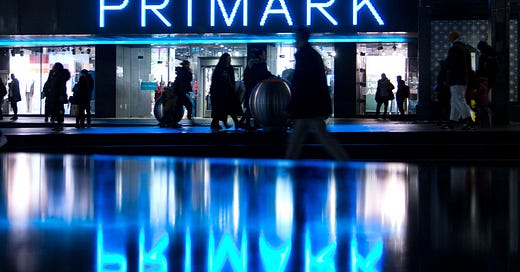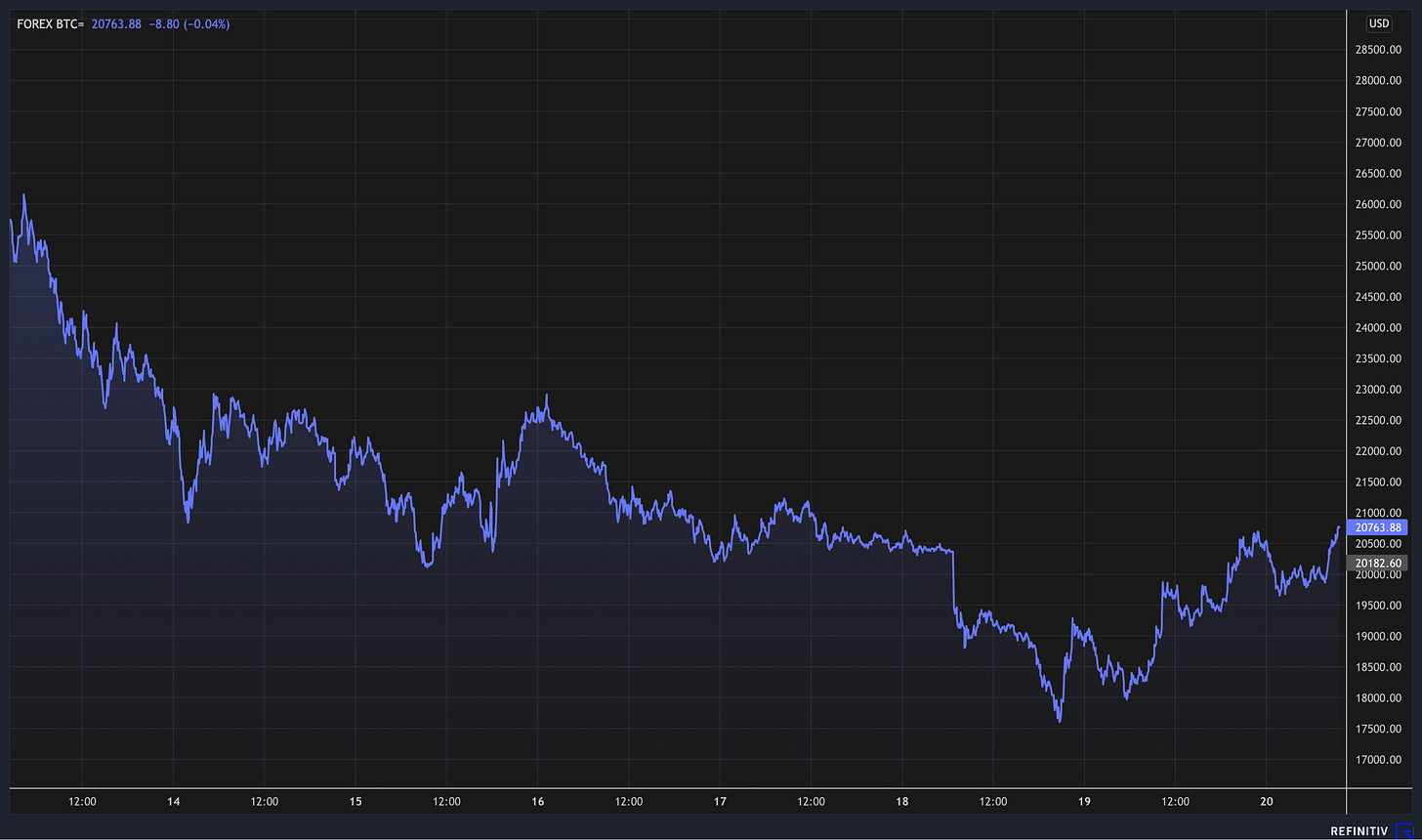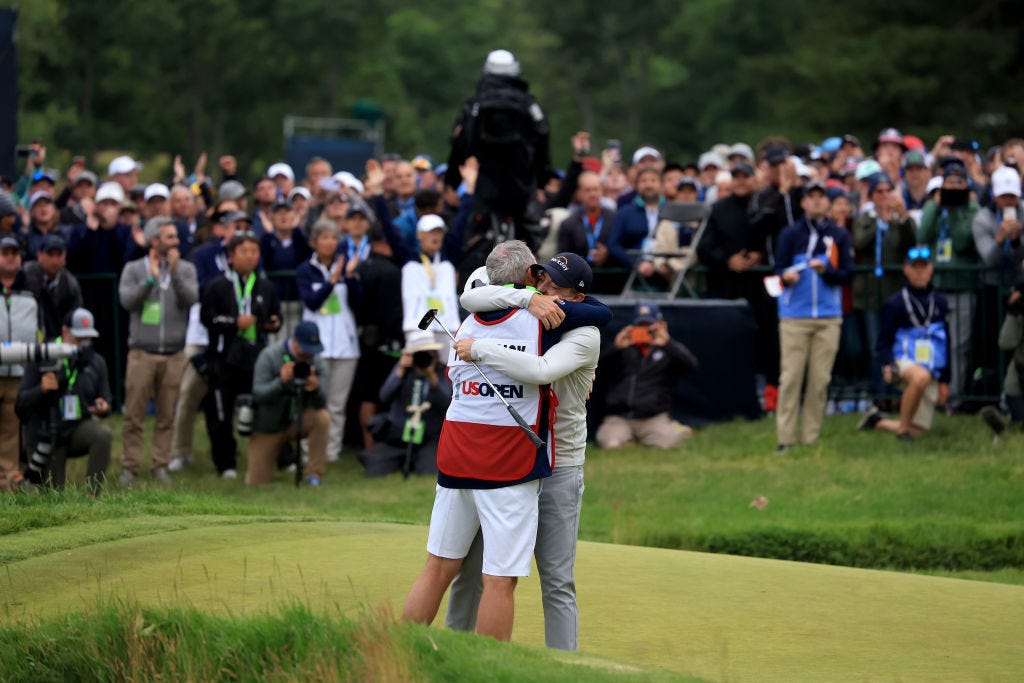Primark is to start selling products online through a click-and-collect service. The discount retailer has announced it will sell children’s products online from later this year with collection available in up to 25 shops in north-west England. The trial will include 2,000 products in clothing, accessories, and lifestyle. If successful, the service will be rolled out across Primark’s UK shops. Other product categories could eventually be included.
It’s a funny thing that three of the most influential retail brands of the 21st century in the UK have only had a minimal presence online - Primark, Aldi and Lidl. These discount chains have disrupted the established clothing and grocery sectors, forcing rivals to cut their prices and rethink their product range. Primark has developed such a following that even has its own nickname – Primarni. So much of the discussion about how we shop is linked to the online revolution, yet here are three businesses who attracts shoppers through their plain-old bricks-and-mortar shops. As a reminder, shops still account for far more spending than online in the UK, as this graph from the Office for National Statistics shows…
Not only this, but profit margins for online retail are yet to consistently overtake the margins that can be made from physical shops. The simple bricks-and-mortar shop remains an efficient business model for retail. The time and financial cost of a customer collecting their products, taking them to the till and then taking them home is on the customer. For online, it’s on the retailer. The argument from online retailers has always been that their model will be more efficient once they reach sufficient scale because they do not pay the costs associated with running a shop, such as rent, business rates or staff. Nonetheless, the cost of delivery - and customer returns - is on them.
Primark’s move is interesting because of what they haven’t done as much as what they have done. There is no indication that they intend to launch a full online offering or a delivery service. On the contrary, George Weston, the chief executive of Associated British Foods, Primark’s parent company, has ruled it out. "We think that that is very expensive, inefficient and environmentally iffy," he told Reuters.
Instead, the click-and-collect move is all about supplementing what happens in stores. The service will mean that customers who have an average-sized Primark as their local store will find that the product range available online is twice as big as what was available in store. ABF said in the statement announcing the move that the trial “has the potential to satisfy unfulfilled demand, driving footfall from both existing and new customers to deliver incremental sales in store”. The collection points will be “welcoming and situated in the heart of the store”, ABF added.
The plans were announced alongside another bumper trading update by Primark, which now has 403 shops around the world. It said that sales in the 12 weeks to May 28 rose 81 per cent year-on-year to £1.7 billion. To put that in context, Marks & Spencer generated £3.3 billion from clothing and home sales in the UK in its last financial year. However, like-for-like sales are still 9 per cent below pre-Covid levels three years ago, which also gives an indication as to why Primark is looking at ways to boost footfall and sales.
Primark was founded as Penneys in Dublin, Ireland, in 1969. The first of nearly 200 UK stores opened in 1973 in Derby. The remarkable success of the company since then, especially since the online revolution at the turn of the century, is a demonstration that products and prices which are attractive to customers will win out, no matter how you get them to the customer. It’s also a demonstration that the death of the high street is no sure thing. Bricks-and-mortar shops still have advantages, retailers just need to make sure they are offering something unique. Customers flock to their local Primark and will continue to do so…
A chart that helps you understand the world
It’s bitcoin again. A miserable week for the cryptocurrency culminated on Saturday when it dipped below $20,000. The last time it did that was December 2020. Bitcoin then went on an extraordinary rally that saw it clear $60,000 three months later in March 2021. Right now, the chances of a similar rally seem slim. However, since Saturday bitcoin has recovered some ground and the bitcoin bulls are still out there, like the boss of Binance…


You should also read this
Great summary of London Tech Week by Brent Hoberman, the tech entrepreneur and executive chairman of Founders Factory. This column includes an interesting line on a British founder being advised to force the sale of a stake in their business held by a China-based venture capital fund (The Times)
Important interview with the boss of the Competition and Markets Authority in the Financial Times. Andrea Coscelli defends the interventionist approach the CMA has taken on issues, particularly tech regulation, by saying that it will become a rule-taker from Brussels and elsewhere if it does not act (FT, paywall)
An anonymous bidder is to have lunch with Warren Buffett in New York after paying $19 million in an auction (CNN)
A giant, unfinished cruise ship looks to be heading to the scrapyard (Bloomberg)
An interesting look at the friendship and feud between Francis Bacon and Lucian Freud (Daily Mail)
And finally…
Matt Fitzpatrick last night achieved what many businesses would like to do - success in America. Fitzpatrick won the US Open after a thrilling last-round battle with some of the world’s best players, including world number one Scottie Scheffler and Rory McIlroy. In doing so he became just the third English winner of the US Open in the last 50 years, following in the footsteps of Justin Rose, who won in 2013. He also follows in the footsteps of the great Jack Nicklaus. Fitzpatrick has now won the actual US Open and the amateur US Open at the same course - Brookline, Massachusetts - a feat that Nicklaus also achieved by winning both at Pebble Beach in California. Watching the last round of a major golf championship is gripping. There is so much to be learned from how professional golfers approach the game. The sport is unique in that as an individual you have to beat the entire field to win a tournament, rather than just who you are just drawn against. This means that any mistake is likely to be punished, any wayward shot would be ruinous. The players therefore put themselves under immense pressure. Fitzpatrick was cool and calm throughout yesterday, holing a string of vital putts. This calm veneer slipped at times though, including when he made this mega-putt on the 13th hole…
Thanks for reading. Off to Lunch will be back on Wednesday. If you would like to contribute to the work of Off to Lunch, read Friday’s newsletter and attend our events then please sign up for a paid subscription below. Alternatively, please spread the word and share Off to Lunch
Graham









